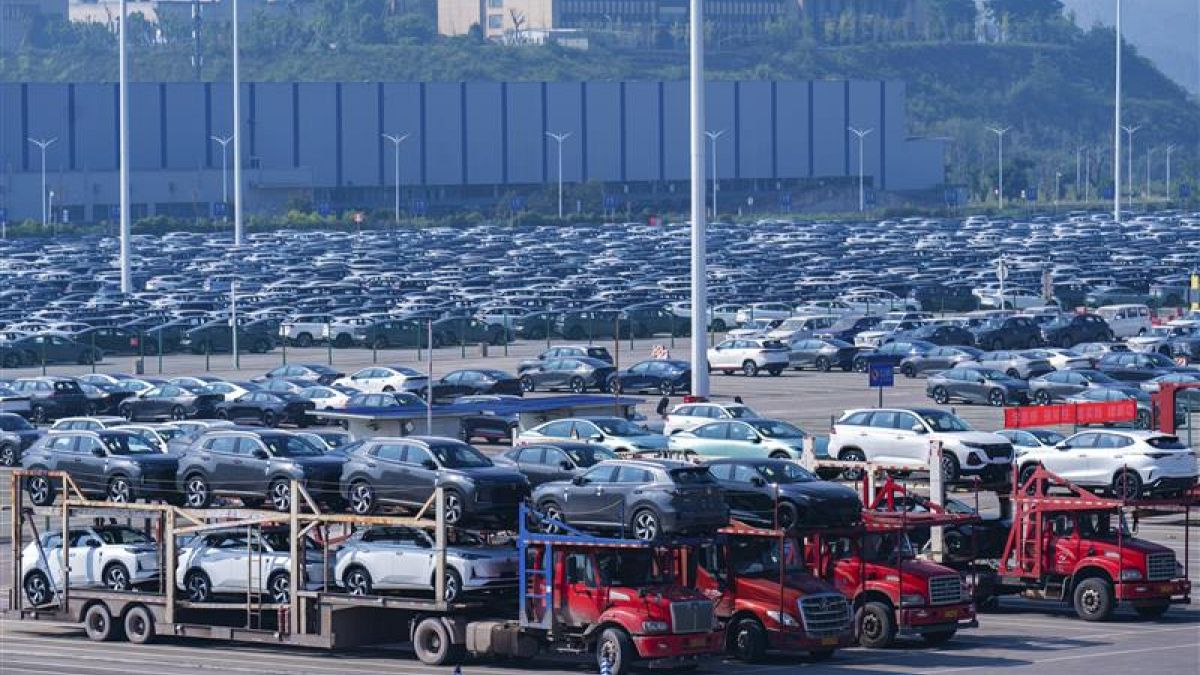SAIC Motor, a state-owned carmaker based in China, has announced its intention to take the European Commission to the European Court of Justice over the 45% tariffs imposed on its electric vehicles. This decision comes as trade tensions intensify, with the Chinese government also filing a lawsuit at the World Trade Organisation (WTO) over an EU probe regarding alleged subsidies in the electric car sector.
Brussels has accused Beijing of providing excessive subsidies to its electric car industry, leading to artificially low prices in the global market. The EU has implemented new tariffs to counteract these alleged subsidies, with the steepest tariff of 35.3% imposed on SAIC Motor. The carmaker has expressed deep regret over the Commission’s decision, stating that the probe was flawed in determining subsidies and ignored important information and arguments submitted by the company.
SAIC Motor believes that the tariffs will increase the cost of electric vehicles for European consumers and hinder the adoption of such vehicles. In response, the carmaker plans to take legal action to protect its rights and interests. Additionally, SAIC Motor is already making adjustments to its business strategy, such as designing new models tailored for the European market, to navigate what it refers to as “European trade barriers.”
Meanwhile, Beijing has threatened retaliatory measures against the EU’s dairy, brandy, and pork industries in response to the tariffs imposed on Chinese products. The EU has initiated legal action at the WTO to challenge these measures and has also launched a new anti-dumping investigation on Chinese imports of choline chloride, a chemical used in animal feed. The investigation aims to determine whether measures should be imposed to address alleged unfair trade practices by Chinese producers affecting European companies.
The EU’s duties on Chinese products, including electric vehicles and choline chloride, are part of broader trade tensions between the two economic powers. This escalation in trade disputes highlights the complex interplay between subsidies, tariffs, and anti-dumping measures in international trade. Both China and the EU are pursuing legal avenues, such as lawsuits at the WTO and legal action in domestic courts, to address perceived unfair trade practices and protect their respective industries.
As the trade row between China and the EU continues to unfold, the outcome of legal actions and investigations will have significant implications for businesses, consumers, and international trade relations. The enforcement of tariffs and anti-dumping measures can impact pricing, market access, and competition in various industries, shaping the future landscape of trade between China and the EU. It remains to be seen how the disputes will be resolved and whether negotiations will lead to a resolution that balances the interests of both parties while upholding fair trade principles.










